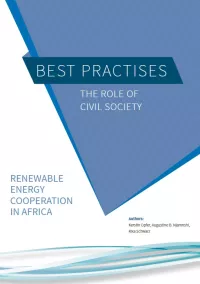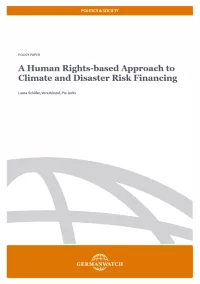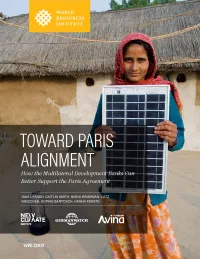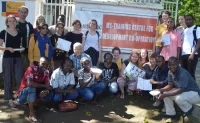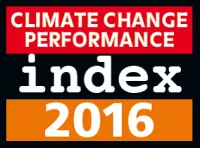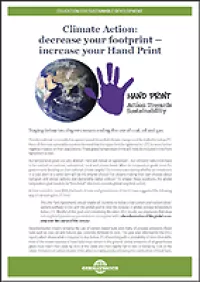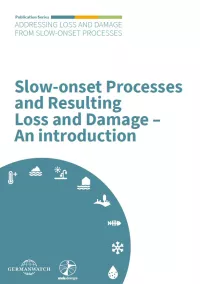
In addition to amplifying extreme weather events, climate change also causes or intensifies slow-onset processes such as sea-level rise, desertification, biodiversity loss or permafrost thaw. Both types of climate change impacts cause loss and damage, impede the enjoyment of human rights and can be drivers for human mobility. In contrast to extreme weather events, dealing with loss and damage caused by slow-onset processes in the context of climate change is still neglected, both at the national and international level.

